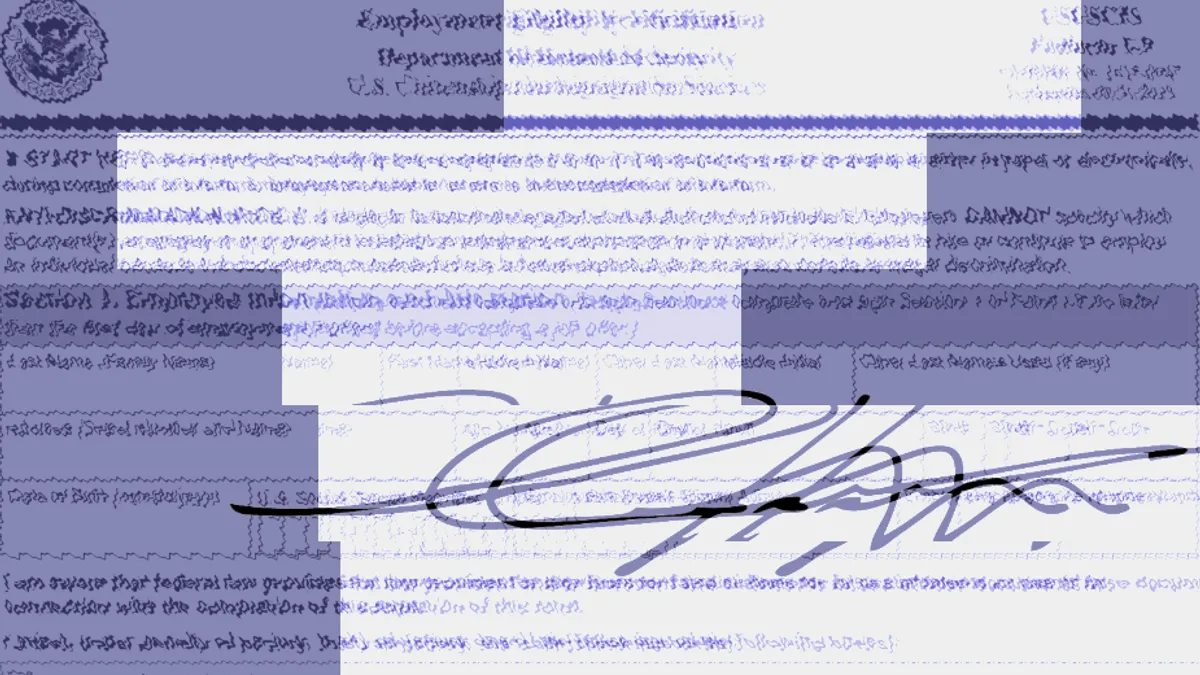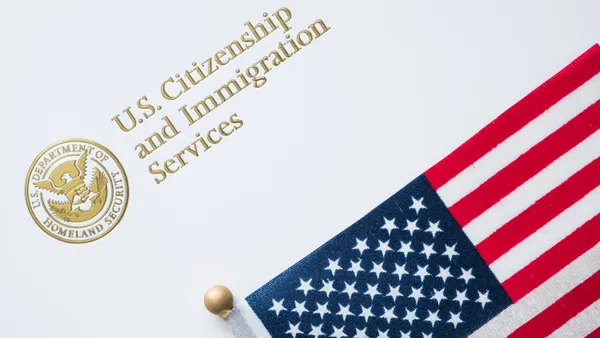Dive Brief:
- The skills gap grew by 12% last year, according to a survey of 600 HR leaders by Wiley Education Services and Future Workplace. Nearly two-thirds of HR leaders reported a skills gap in their organizations, up from 52% in 2018.
- Forty percent of respondents said the cause of the skills gap is changes in technology and needed skills. Nearly a third of respondents attributed the gap to a lack of qualified candidates.
- Ninety percent of respondents said they'd hire a job seeker who lacks a four-year college degree, though 68% said a degree is useful in validating certain skills.
Dive Insight:
Some employment experts question the origin and validity of the skills gap. Businesses do appear to feel the impact of a shortage of talent, especially as they try to hire for tech- and manufacturing-related positions. And executives are pressuring talent professionals to maintain and even increase headcount as businesses compete in a continuously tight talent market.
As businesses search for talent, they have generated other methods to fill rolls — chiefly, upskilling employees. This effort may be thwarted, however, by workers' concern over asking for training. Employees in an edX survey said they worry they'll be perceived as unqualified if they ask for help.
For many organizations, the skills gap has them turning to a contingent workforce. Whether to fill immediate need, help finish projects or simply to maintain staffing levels, employers' use of gig workers appears to be on the rise.














